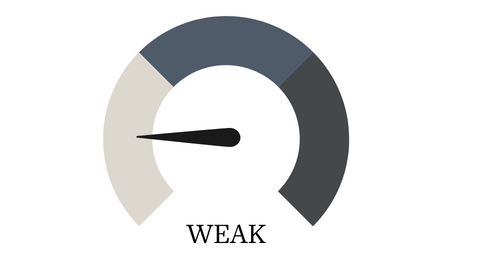Hair growth is influenced by various factors, including genetics, diet, and overall health. However, stress and inflammation also contribute to hair loss, prompting many to explore alternative therapies like earthing. Earthing, or grounding, involves making direct contact with the Earth's surface to connect with its natural electrical charge.
Does Earthing Help with Hair Growth?
Current evidence suggests that earthing may contribute to hair growth by reducing stress and inflammation, both of which impact hair health. However, no direct studies link earthing specifically to hair growth, making the evidence speculative.
Rating of Evidence: Weak

The evidence supporting earthing's benefits for hair growth is weak. While some studies highlight its ability to reduce stress and inflammation, which could theoretically support hair health, direct evidence remains lacking.
Pros:
- Stress Reduction: Earthing reduces stress, a known factor in hair loss. Lower stress levels could support hair growth.
- Inflammation Reduction: Earthing helps reduce inflammation, potentially protecting hair follicles from damage.
- Non-Invasive and Low-Risk: Earthing is a natural, non-invasive practice with minimal risk, making it an easy complementary approach to existing hair health routines.
Cons:
- Lack of Direct Evidence: No direct studies link earthing to hair growth, making the current evidence speculative.
- Placebo Effect: Some reported benefits could be due to the placebo effect rather than the physiological effects of earthing.
- Individual Variability: Responses to earthing vary widely among individuals, making it difficult to predict its effectiveness for hair growth.
Scientific Evidence

Earthing is known for its stress-reducing effects, which could create a healthier environment for hair growth. The NIH study on stress and hair loss provides insights into how chronic stress impairs hair growth (1).. Stress hormones like corticosterone inhibit hair follicle stem cells, preventing them from entering the growth phase, which leads to reduced hair regeneration.
In a study by Wendy Menigoz, earthing is highlighted for its potential to reduce inflammation and stress (2). Chronic stress disrupts the hair growth cycle, leading to prolonged periods where hair follicles remain dormant, inhibiting new hair growth. By reducing stress, earthing could theoretically support hair regrowth by maintaining active hair follicle cycles.
A study by Hyun-Jung Park on earthing mats in rats also demonstrated that grounding significantly reduced stress-related behaviors and neuroendocrine changes, suggesting that earthing can alleviate stress (3). While this study did not directly address hair growth, the reduction in stress could indirectly benefit hair health.
Anecdotal reports suggest that individuals practicing earthing have observed improvements in hair health, including reduced hair loss and increased hair thickness (4). These personal accounts, while not scientifically validated, suggest that earthing might foster a healthier scalp environment by reducing stress and inflammation. The consistent theme in these reports is that earthing contributes to overall well-being, which may have secondary benefits for hair health.
The studies and observations provide a foundation for understanding earthing's potential benefits, particularly in reducing stress and inflammation. However, the evidence directly linking earthing to hair growth remains weak and largely anecdotal. More research is needed to establish a clear connection between earthing and hair health. Despite these gaps, earthing is a low-risk practice that may complement existing approaches for those looking to enhance overall well-being and possibly support hair growth.
References:
- “How Stress Causes Hair Loss.” National Institutes of Health, U.S. Department of Health and Human Services, 20 Apr. 2021, www.nih.gov/news-events/nih-research-matters/how-stress-causes-hair-loss.
- Author links open overlay panelWendy Menigoz a, et al. “Integrative and Lifestyle Medicine Strategies Should Include Earthing (Grounding): Review of Research Evidence and Clinical Observations.” EXPLORE, Elsevier, 14 Nov. 2019, www.sciencedirect.com/science/article/pii/S1550830719305476.
- Park, Hyun-Jung, et al. “The Effect of Earthing Mat on Stress-Induced Anxiety-like Behavior and Neuroendocrine Changes in the Rat.” Biomedicines, U.S. National Library of Medicine, 26 Dec. 2022, www.ncbi.nlm.nih.gov/pmc/articles/PMC9855809/.
- “Discover the Amazing Benefits of Earthing.” Premium Grounding, premiumgrounding.au/blogs/news/benefits-of-earthing. Accessed 9 Aug. 2024.

